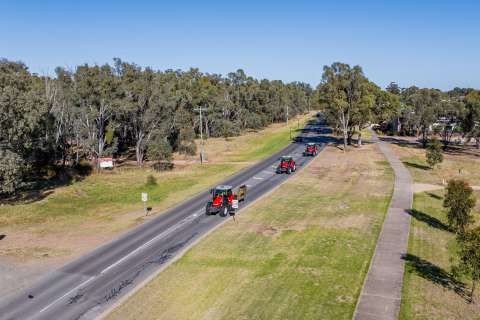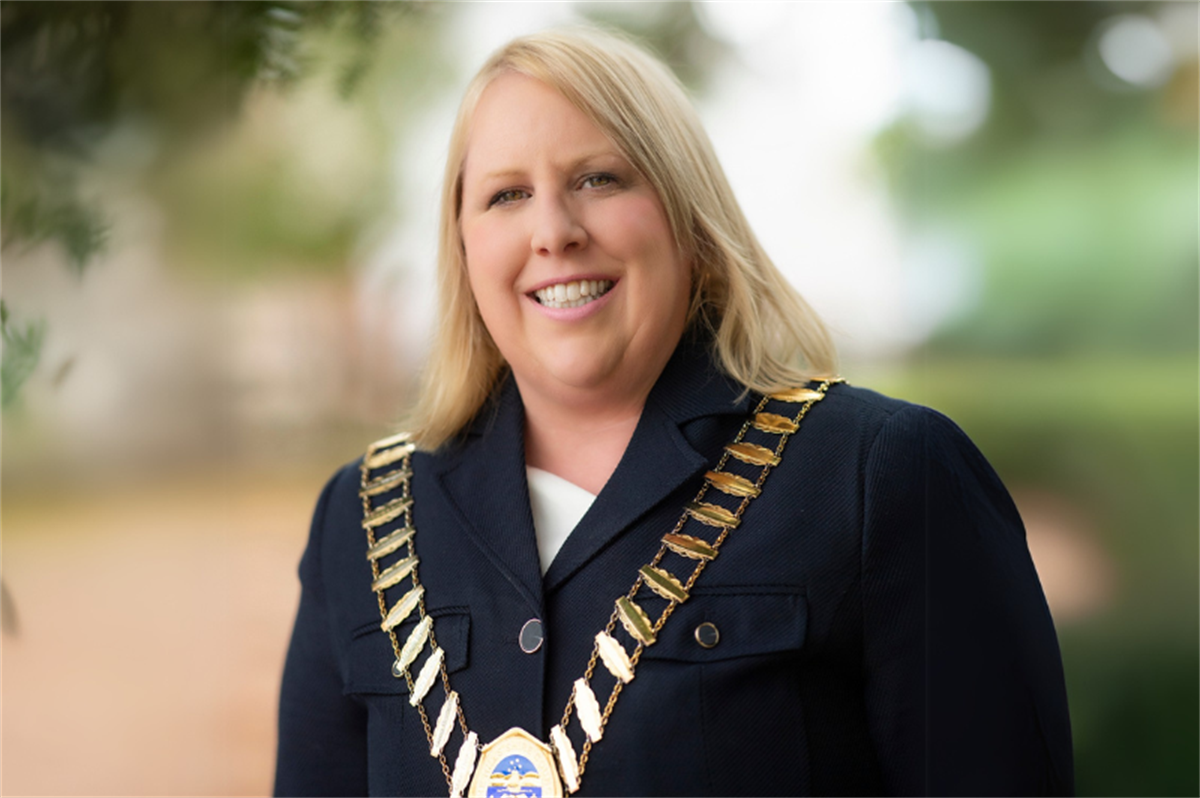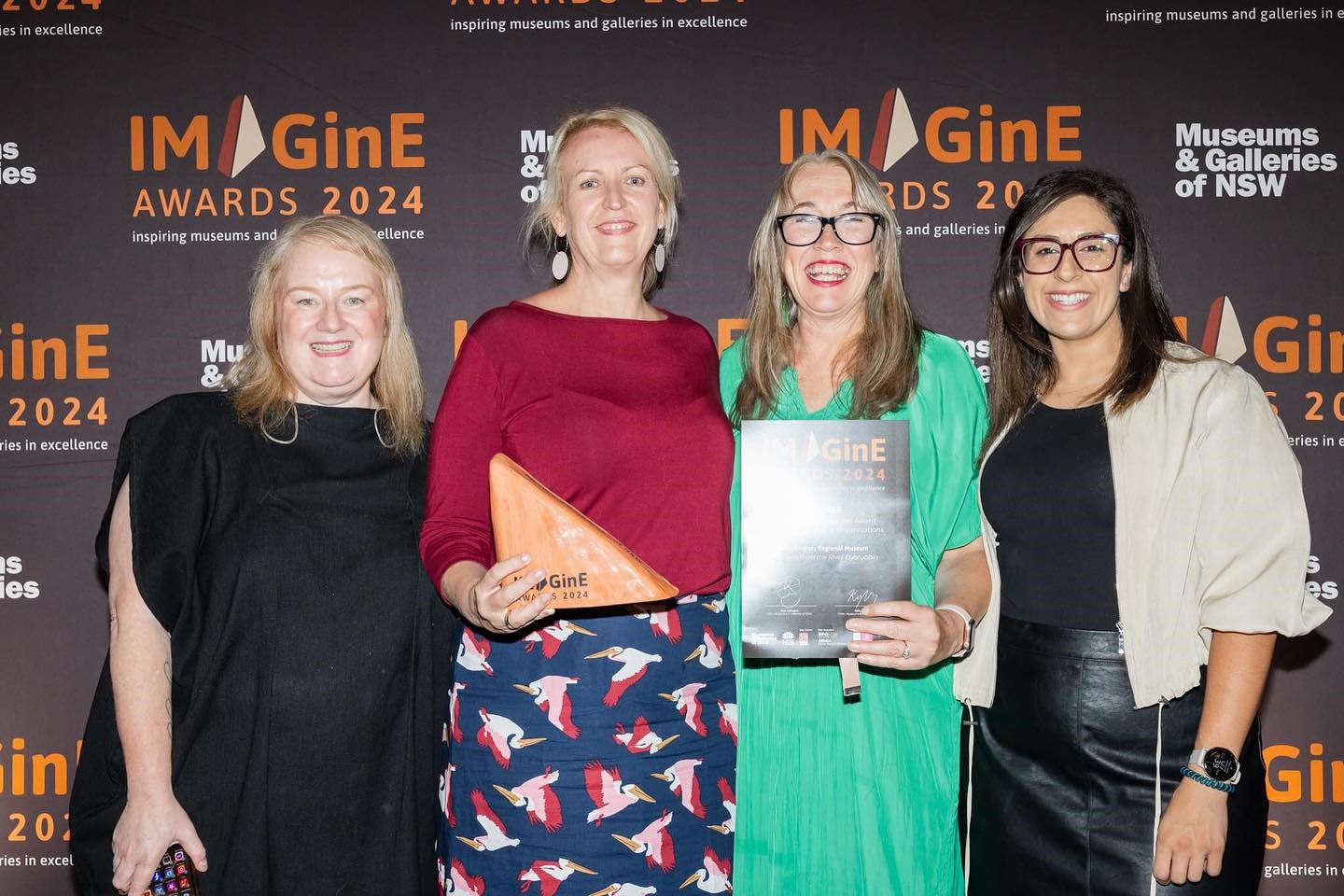A secret haven that shelters pets from fractured households is the subject of a new documentary premiering in competition at the Doc Edge Film Festival from late June.

Refuge: A Duty to Care, produced and directed by notable filmmaker Professor Annie Goldson, charts the life and work of Pet Refuge, a sanctuary which offers temporary shelter to pets from violent households.
Research shows that people experiencing abuse often stay in danger if their animals remain in the home, says Goldson, a professor of communication in the School of Culture, Languages and Linguistics at Waipapa Taumata Rau, University of Auckland.
Goldson first heard about Pet Refuge in a radio story, which sparked the idea.
“I thought it would be a good way to address the problem of domestic violence while highlighting a great initiative involving pets and animals, so I got together with Alex Reed, an award-winning filmmaker, both of us feminists and animal lovers, and we collaborated on the film,” she says.
Pet Refuge, a registered charity, lies on outskirts of Tāmaki Makaurau in an undisclosed location because secrecy is necessary to protect its staff, owners and their animals.
Taking pets from across the motu, Pet Refuge could be the first haven in the world designed specifically for this purpose, Goldson believes.
“Pets are often used by abusive individuals as a method to exert control, a bargaining chip, to stop victims from leaving a violent home, or to force their return. Pet Refuge, established by Julie Chapman, is one of the first such shelters ever to open and looks after animals until abuse survivors find a safe place.”

Refuge is made up of a moving mosaic of scenes of the busy, loving life at Pet Refuge, says Goldson, threaded through with compelling stories of survivors of family violence.
“The documentary addresses the persistent and pervasive problem of domestic violence in Aotearoa New Zealand, indeed worldwide, while at the same time, highlighting the increasing awareness we have of the rights of animals, and a recognition that they think, feel and suffer.”
She says the film had to be very careful not to reveal the location of the site and some of the victims approached were too fearful to be on camera.
“In the end, we did find people prepared to be filmed and we feature two main case studies and their beloved pets.”
The shelter has plenty of outdoor space and a dedicated staff of workers and volunteers and accepts all sorts of animals, from cats and dogs to horses and rabbits, and even lizards; two Australian water dragons feature in the film.
Rescued animals are sometimes in bad shape physically or psychologically, but the film is gentle in its depictions and aware that it had to be sensitive to viewers’ tolerance for upsetting images, Goldson says.
“Pet Refuge is well resourced with vets, vet nurses and pet carers who provide an amazing recuperative service to animals that have been harmed, most of whom leave in a much better condition, so I don’t think people will find it too disturbing.”
She makes the point that most refuges and emergency accommodation won’t accept animals, but after victims find more permanent homes, they’re eager to get their pets back.
“The animals stay at Pet Refuge for about three months on average and 95 percent are reunited with their owners, although housing is often an issue. It’s hard enough anyway, particularly if you are poor and have an animal; but only a small percentage have to be rehomed.”

An expert interviewed for the film, Professor Tracey McIntosh, a sociologist in the University’s Faculty of Arts, believes we all not only have a duty of care, but a duty to care and to intervene in violent situations.
“It’s a powerful way of thinking about the collective responsibility, not only of governments, but of ourselves to others, and I think Pet Refuge really speaks to that kaupapa.”
The film is a true University of Auckland creative effort, says Goldson.
“I produced, directed, sound recorded and edited it, alongside co-producer Alex Reed, it was shot by two University alumni Adam Luxton and Renke An, alongside professional teaching fellow (PTF) Peter Simpson, and another PTF, Ewan Collins, was the composer and sound designer; while my relative, Auckland graduate Ben Goldson, edited it with me.”
The film was also funded in part by a Faculty of Arts research grant.
A 2023 New Zealand Arts Laureate, Annie Goldson ONZM is an award-winning filmmaker whose films include Red Mole: A Romance, A Mild Touch of Cancer, Brother Number One, and Kim Dotcom: Caught in the Web. Often examining the political through the personal, her films have played widely overseas and won multiple international awards.
As part of the Doc Edge Festival 2024 (19 June to 31 July) Refuge: A Duty to Care, (Bloom Pictures, 40 mins) will be premiering on Wednesday 26 June at 6.15pm at the Alice Cinema in Christchurch and the Lumiere Cinemas Bardot (Christchurch) on Friday 28 June at 3.30pm.
It will be showing in Auckland on Sunday 7 July at 2.30pm at the Capitol Cinema and the Roxy Cinema in Wellington on Sunday 7 July at 2.45pm. It will be on Virtual Cinema from 15 to 31 July.
DocEdge is an Oscar-qualifying event, so should Refuge receive an award, it would be eligible to enter the Academy Awards.







